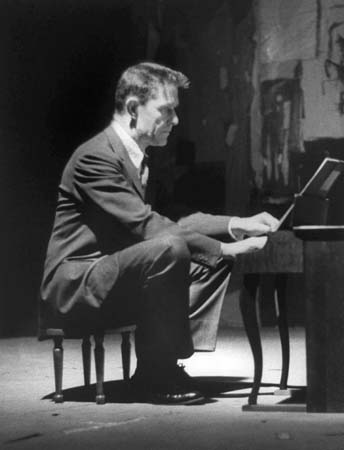There is absolutely no such thing as privacy anymore, in our section of the world at least. It's really pathetic that it has come to this point, but it has. Pieces of information are constantly being collected about you, if you chose the route which is deemed as correct, as in getting an education, a job, a house, a family, a social life, etc. The only way that one would achieve ultimate privacy would be to have no contact with anyone, burn their records, and live in a remote area. [Probably my favorite movie,] this happens in "Into the Wild", which is based on a true story of a man by the name of Christopher McCandless who, upon graduating college, burns his money, social security card and other records, leaves his family and any contacts, and sets out to live in the wild to experience solitude from isolation and complete privacy. It is beautiful yet sad that he had to go through all that to get to that point. Anyway, my point is that privacy cannot be achieved easily, if at all. Even when it came to applying to school and scholarships, the forms seriously asked for every bit of information about me- from the year that my car was made to how many credits my sister took last semester. It's a little ridiculous.
PS: If your name doesn't begin with a 'J' and end with an 'asonSloan', than you may or may not be invading my blog privacy right now..






